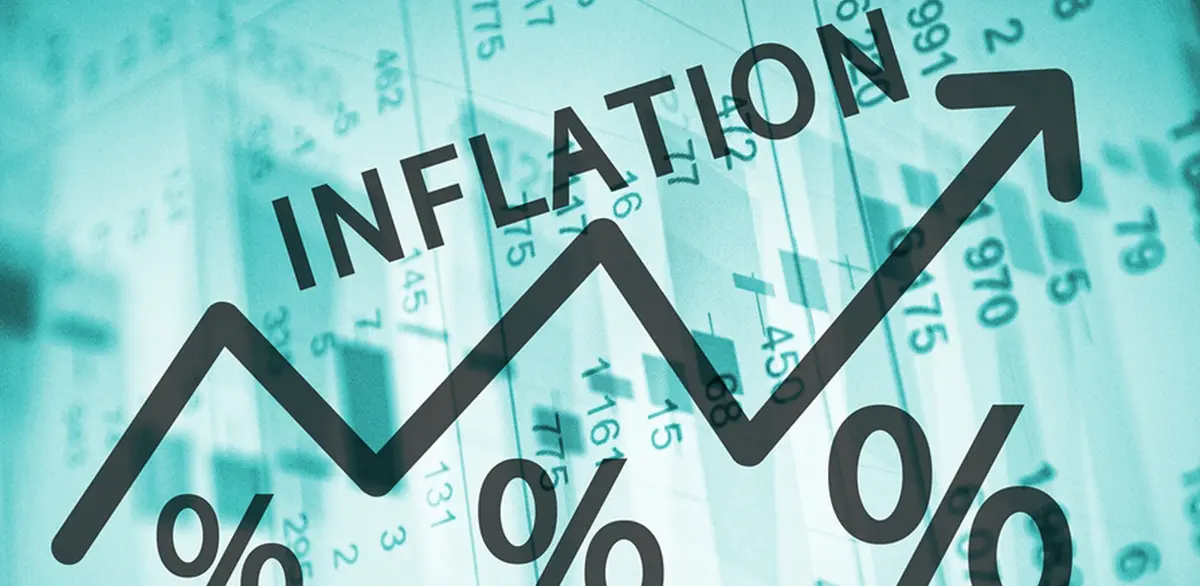An in-depth look at the changes to capital gains tax laws and what investors should expect in 2025

January 29, 2025
The capital gains tax is one of the most significant tax considerations for investors, affecting the returns on investments in assets like stocks, bonds, real estate, and other securities. As approaches, changes to tax laws could create new challenges and opportunities for both individual investors and institutions. Understanding these changes is crucial for anyone looking to optimize their investment strategies. This article provides a comprehensive guide to what investors need to know about capital gains tax in 2025.
What Is Capital Gains Tax?Capital gains tax is the tax on the profit made from selling an asset, such as stocks, bonds, real estate, or other investments. The rate at which these gains are taxed can depend on several factors, including the duration the asset was held, the investor’s income level, and the type of asset being sold. There are two main types of capital gains:
1. Changes in Tax Rates
For 2025, several proposals to adjust capital gains tax rates have been discussed, with some potentially leading to higher tax rates for high-income earners. In particular, some changes might affect individuals in the highest income brackets, as policymakers seek to raise revenue for social programs and economic initiatives. Investors will need to track these potential changes to assess how they impact their investment returns.
2. Tax Brackets and Adjustments
The capital gains tax brackets may see changes in 2025, especially in terms of what qualifies as “long-term” vs. “short-term.” It's important to understand which income levels are impacted by these changes. For instance, the top capital gains tax rate might increase for those in the highest tax brackets, which could significantly impact investments in stocks, real estate, and other assets.
3. Tax on Dividends
Dividends paid by corporations may also face changes in tax treatment. While dividends from qualified stocks are typically taxed at the long-term capital gains rate, some changes could subject a larger portion of dividend income to ordinary income tax rates. This could have a particular effect on income-focused investors who rely on dividends for cash flow.
4. Exclusion of Certain Assets
In certain cases, specific assets, like the sale of a primary residence, may remain exempt from capital gains tax under the current rules, but any changes to these exclusions in could have an impact on homeowners and real estate investors.
Strategies for Minimizing Capital Gains Taxes1. Holding Assets for the Long Term
One of the most effective ways to minimize capital gains tax is by holding investments for more than one year, as long-term capital gains are generally taxed at a lower rate. Investors should focus on building long-term wealth and carefully evaluate whether short-term sales are worth the higher tax burden.
2. Tax-Loss Harvesting
Another strategy for reducing capital gains tax is tax-loss harvesting, which involves selling investments that have lost value to offset gains made elsewhere in your portfolio. This tactic allows investors to minimize their taxable income by realizing losses.
3. Investing Through Tax-Advantaged Accounts
Tax-advantaged accounts like 401(k)s, IRAs, and Roth IRAs provide a way to avoid paying capital gains tax on investments held within these accounts. Contributions to these accounts are either tax-deductible or made with after-tax dollars, and taxes are either deferred or not applied to capital gains at all, depending on the account type.
4. Consideration of State Taxes
In addition to federal capital gains tax, many states impose their own capital gains taxes, and these rates can vary widely. Investors should consider the potential state-level tax impact when planning their investments and strategizing for tax season.
Potential Impacts on Different Investment Types1. Stocks and Bonds
Investments in the stock market, including stocks and bonds, are subject to capital gains tax. For stock investors, long-term investments generally result in lower tax rates. Bonds, on the other hand, can generate interest income, which is often taxed at ordinary income tax rates. Tax strategies for bonds may differ from those for stocks, depending on the investor’s overall strategy and goals.
2. Real Estate
Real estate is another asset that often generates substantial capital gains. Under current law, homeowners can exclude up to $250,000 of capital gains ($500,for married couples filing jointly) from the sale of their primary residence. However, changes to this exclusion could affect how investors in real estate and homeowners benefit from these tax advantages in 2025.
3. Cryptocurrency
Cryptocurrencies, such as Bitcoin and Ethereum, have seen increasing interest from investors, but their tax treatment is often complex. Like stocks, profits from cryptocurrency sales are generally subject to capital gains tax, and the specific tax rate depends on how long the asset was held.
Global Implications of U.S. Capital Gains Tax ChangesAs the U.S. government considers changes to capital gains tax rates and regulations, these shifts could have implications for global investors. Changes to tax rates may impact foreign investment in U.S. markets, potentially leading to changes in foreign direct investment and portfolio investments. Furthermore, changes to capital gains tax rates could also affect international tax treaties and how U.S. citizens are taxed on foreign investments.
ConclusionAs we approach 2025, capital gains tax remains a crucial consideration for all investors. With potential changes to tax rates, brackets, and exclusions, understanding how these adjustments will affect your investments is essential for optimizing your portfolio. By staying informed and adjusting investment strategies, investors can better navigate the evolving tax landscape and continue to build wealth effectively

The role of U.S. investment policies in ensuring financial security and market resilience
U.S. investment policies play a crucial role in shaping financial stability by influencing capital markets, interest rates, and economic growth. Regulatory frameworks and government interventions determine risk levels, investor confidence, and long-term economic sustainability

Understanding the impact of interest rate changes on investment decision-making
Interest rate changes have a significant influence on investment strategies. Whether through the stock market, bonds, or real estate, shifts in rates affect asset prices, investor behavior, and portfolio diversification. Understanding these dynamics is essential for making informed, profitable investment decisions

Understanding how inflation trends influence U.S. investment strategies
Inflation trends play a critical role in shaping U.S. investment policies. From adjusting interest rates to influencing asset classes like bonds, equities, and real estate, inflation trends affect economic decisions across the country. Investors must stay informed about inflation to navigate investment policies effectively and protect their portfolios

Exploring the impact of government spending on market trends and investor behavior
Government spending plays a pivotal role in shaping investment markets. From fiscal stimulus packages to infrastructure investments, the allocation of government funds can drive market movements and influence investor sentiment. This article delves into the ways government spending impacts various sectors and markets, offering insights for investors

An in-depth look at the changes to capital gains tax laws and what investors should expect in 2025
As 2025 approaches, changes in capital gains tax laws could impact investment strategies for individuals and institutions. This article explores the key updates to tax policies and offers insights into how these changes may affect your investment portfolio

Understanding how Federal Reserve decisions impact investment trends and economic stability
The Federal Reserve plays a crucial role in shaping investment growth by adjusting interest rates, regulating money supply, and influencing market liquidity. Its policies determine the cost of borrowing, stock market trends, and overall economic expansion, making it a key driver in investment decision-making

An exploration of the impact of U.S. economic policies on investment strategies and trends
With shifting U.S. economic policies, investors are adjusting their strategies to respond to new market dynamics. This article explores the key policy changes and their influence on investment decisions

Understanding how tax policies shape investment strategies and financial growth
Tax regulations play a crucial role in determining investment returns by affecting capital gains, dividends, and corporate profits. Changes in tax laws influence investor behavior, asset allocation, and long-term financial planning, making it essential to stay informed about evolving policies

Learn how U.S. monetary policies influence investment decisions and market trends
U.S. monetary policies, driven by the Federal Reserve, play a significant role in shaping investment opportunities. Understanding interest rates, inflation control, and liquidity measures helps investors make informed decisions and optimize portfolio returns in varying economic climates
The Atlantic Daily
Get our guide to the day’s biggest news and ideas, delivered to your inbox every weekday and Sunday mornings. See more newsletters
.webp)
Ideas That Matter
Subscribe and support more than 160 years of independent journalism.
Subscribe